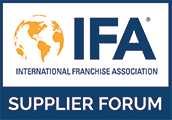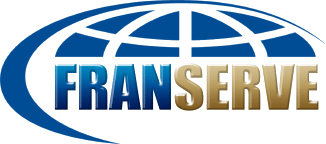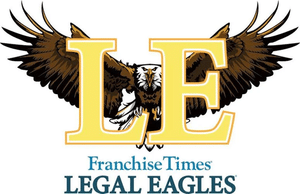Buying a franchise is not cheap. It is a significant financial and resource-intensive investment, which is why the franchise disclosure document, or FDD, exists. The FDD details the franchisee-franchisor relationship in detail so that franchisees know exactly what they are getting into.
- Initial Fees: The fifth item in the FDD provides details about the initial fee franchisees will have to pay to join the franchise system. It refers only to the fees paid upfront to the franchisor or an affiliate. Those fees might be for training or inventory, but this item is essentially straight numbers. Also, if the franchisor negotiates the fee it must be disclosed, but most do not so that is not usually an issue.
- Other Fees: This sixth item details other fees paid to the franchisor or its affiliates for: royalties, advertising, transfer, renewal or audit fees, essentially any fees paid throughout the term of the agreement are disclosed here. A transfer fee, for example, is a fee the franchisee has to pay the franchisor if they sell their franchise to someone else. The franchisor will then vet the franchise buyer, evaluate the existing agreement, and prepare a new one. The transfer fee covers all of that.
Some franchises have more fees than others. For instance, you might see more fees in the restaurant industry than in a service business. There are mystery shoppers, a training service specifically for the food industry, etc. The franchisee will have to budget for and pay all of these fees to the franchise system to move forward. The FDD indicates how frequently those fees are paid and what they are. For example, are royalties paid weekly or monthly? What is the transfer or renewal fee?
- Estimated Initial Investment: The seventh item details what it will cost to build a franchise unit and open your doors. The initial investment incorporates item 5, but it includes everything: build out, inventory, equipment, blueprints, legal fees, you name it. When you are buying a franchise item 7 is really important because it will tell you how much money you need to open and whether or not you will have to get a loan to cover it.
It is usually a range of a high and a low. Franchises around the country are different. In New York, NY the costs will be higher than in Duluth, MN, for example, because the differences in rent and build out costs are staggering in these locations. You could pay $10,000 per month in New York, and the same space in Duluth might be $2,000 per month. Item 7 also includes working capital. That is usually a big number because you need three months of working capital because when you open the doors you do not make money right away. Franchisees have to make sure they have that kind of money available.
- Restrictions on Sources of Products and Services: Item 8 is important because it details what is required of franchisees in terms of what they have to buy from the franchisor or its affilliates, if anything. It also lists the insurance requirements, and if the franchisor gets any kind of rebate or commission from approved vendors.
For example, in the food business, if the franchisor has an agreement with Coke, and the franchisees have to use Coca-Cola, not Pepsi, that has to be disclosed. It essentially lists what vendors and suppliers franchisees may or may not use. Item 8 details any franchisor product specifications and standards as well as any buying cooperatives and whether or not the franchisor owns any of the suppliers or their principles.
Further, franchise disclosure documents are typically updated annually, but if there is a switch from Coke to Pepsi in the middle of the year or make any other material changes, the franchisor has to update the FDD. Existing franchisees have to be notified by memo or the operations manual.
- Franchisee’s Obligations: Item 9 details the obligations the franchisee has to They include: site selection and development, acquisition, lease, compliance, trademark, advertising, indemnification. These things could get the franchisee into legal hot water if not fulfilled. Franchisees have to comply, and they should go through this list to ensure they know what their obligations are.
Items 5,6,7, and 8 are the most notable in this group in terms of overall importance. Item 9 is actually a repeat of information that is already available in the franchise agreement, but it is a handy reference guide.
If you need a franchise attorney, or you have more questions about a franchise disclosure document, click here.







